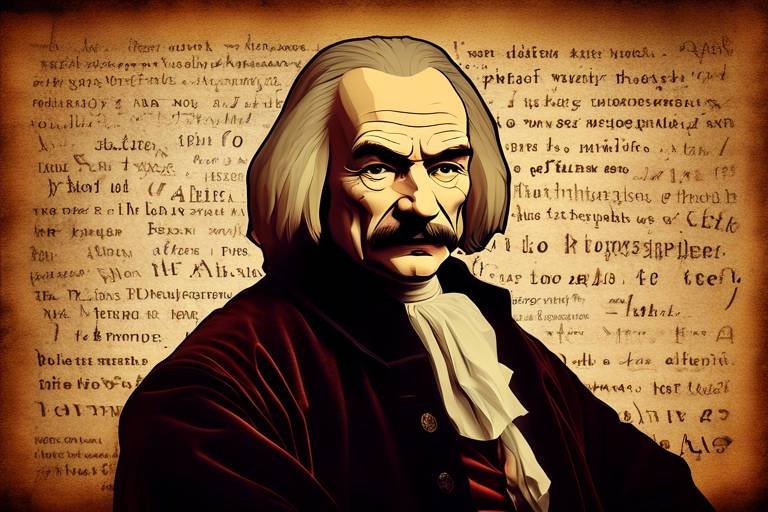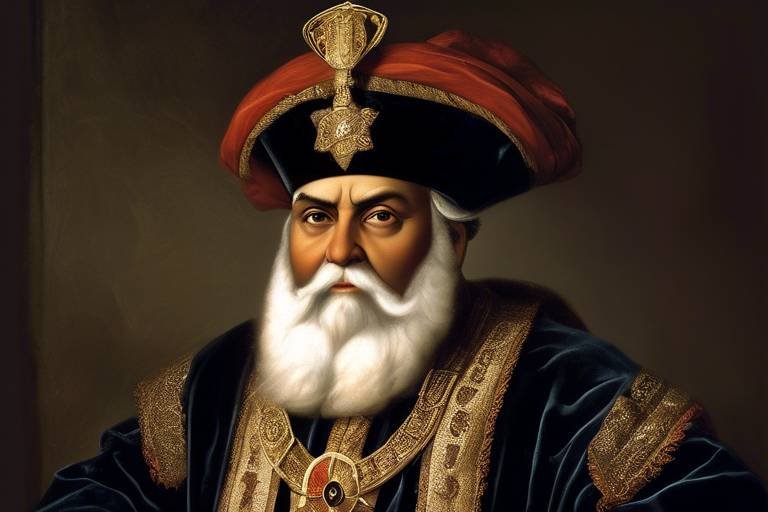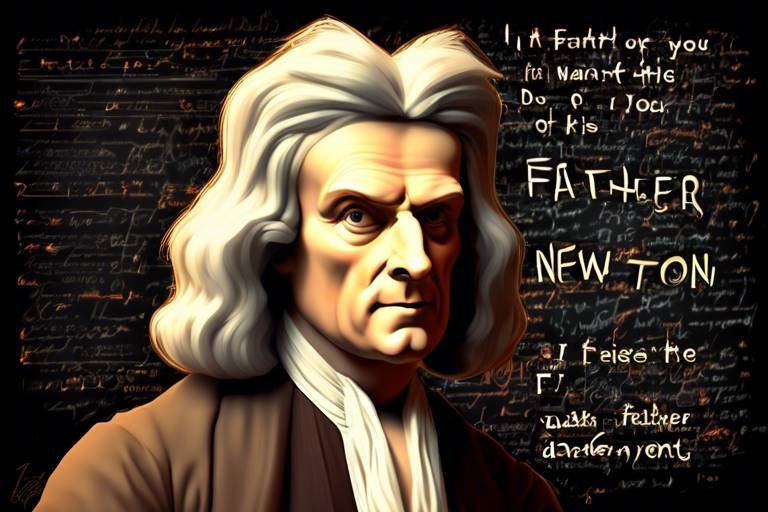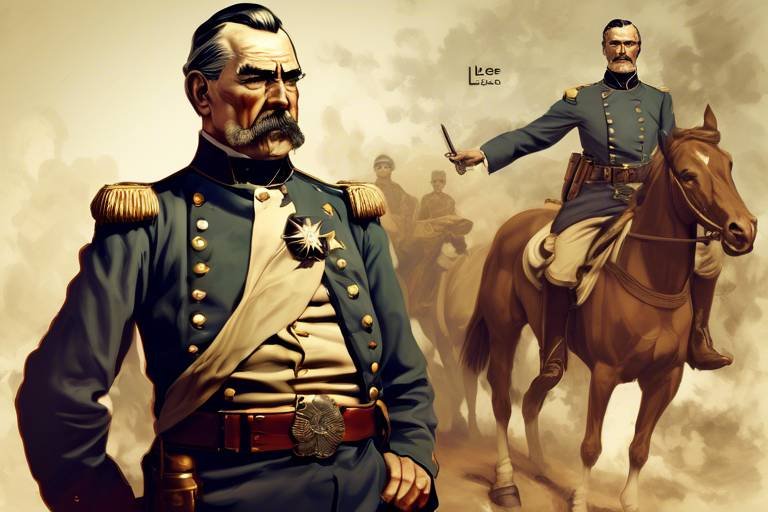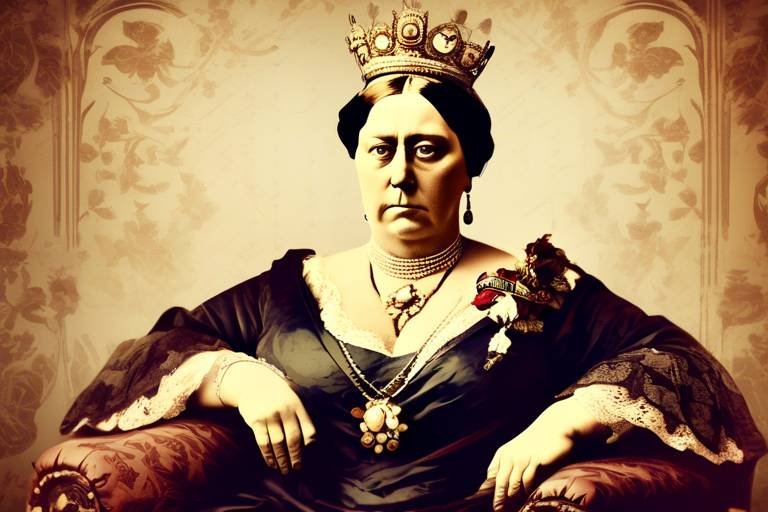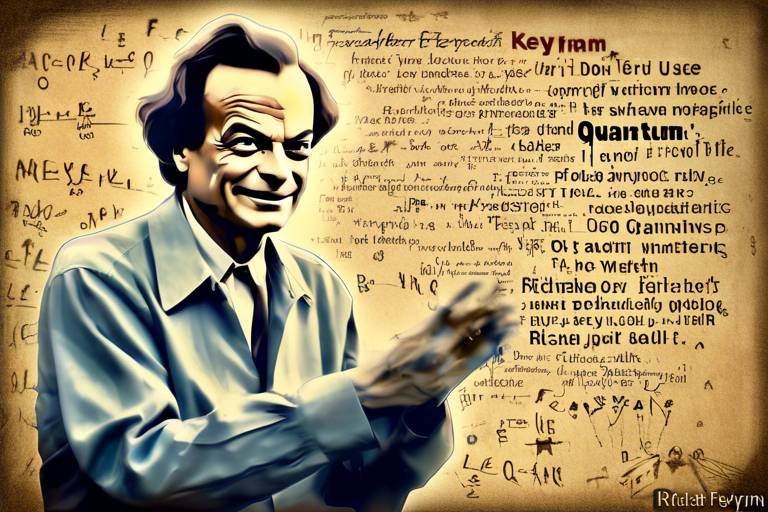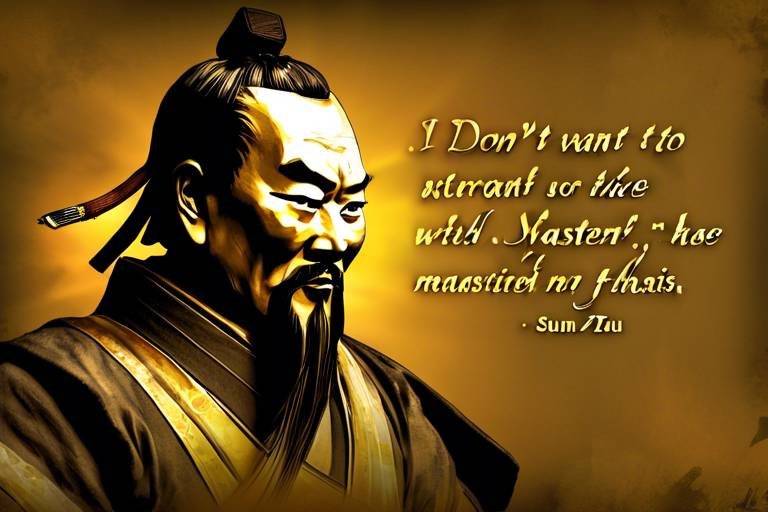Thomas Hobbes: The Philosopher of Absolute Authority
Exploring the life and ideas of Thomas Hobbes, a prominent philosopher known for his theory on absolute authority and social contract, influencing political philosophy and governance for centuries.
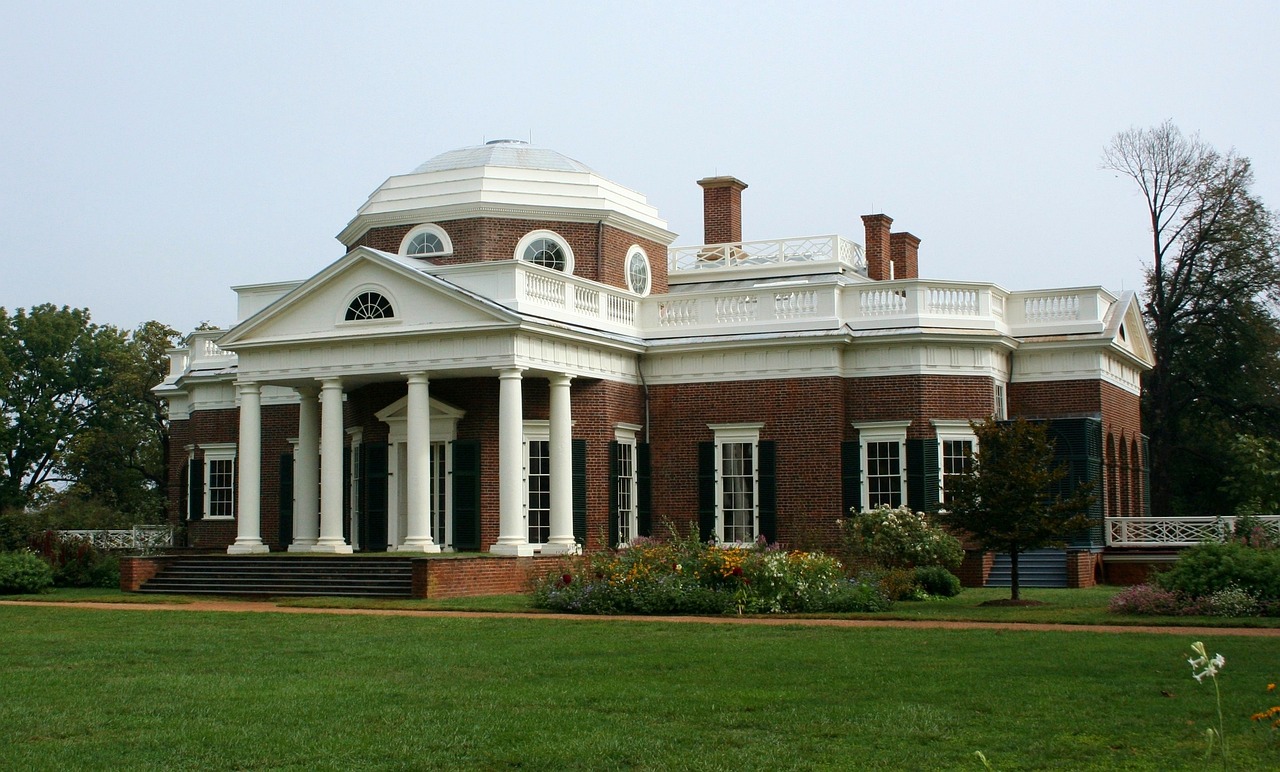
Early Life and Influences
Exploring the life and ideas of Thomas Hobbes, a prominent philosopher known for his theory on absolute authority and social contract, influencing political philosophy and governance for centuries.
Delving into the upbringing and key influences that shaped Thomas Hobbes' philosophical perspectives, including his education, mentors, and societal context in 17th-century England.
Thomas Hobbes was born in 1588 in Westport, now part of Malmesbury, England. His early life was marked by the turbulent political and social landscape of the time, with the English Civil War looming on the horizon. Growing up in this environment, Hobbes was deeply influenced by the prevailing sense of instability and conflict, which later shaped his views on the necessity of a strong central authority.
During his formative years, Hobbes received a classical education and was exposed to the works of ancient philosophers such as Aristotle and Plato. These early intellectual influences laid the foundation for his later philosophical development, guiding his exploration of human nature and society.
Moreover, Hobbes' interactions with prominent thinkers of his time, including Francis Bacon and Galileo Galilei, further enriched his intellectual journey and contributed to the formation of his unique philosophical perspective. The intellectual ferment of the 17th century provided fertile ground for Hobbes to develop his groundbreaking ideas on governance and human nature.
In essence, Thomas Hobbes' early life and influences played a crucial role in shaping his philosophical outlook, setting the stage for his later works that would revolutionize political thought and continue to resonate in modern discourse.

Leviathan: The Magnum Opus
Thomas Hobbes' seminal work Leviathan stands as the magnum opus of his philosophical legacy, delving deep into the core principles of governance and societal order. In this monumental piece, Hobbes presents a compelling argument for the necessity of a strong central authority to prevent the descent into chaos and ensure the maintenance of social harmony.
Through Leviathan, Hobbes revolutionized political thought by challenging conventional notions of power and sovereignty. He posited that without a powerful governing body, society would be engulfed in a state of perpetual conflict and insecurity, with individuals constantly at odds with one another in a relentless pursuit of self-interest.
The metaphorical imagery of the Leviathan, a colossal sea monster from biblical lore, symbolizes the all-encompassing power and authority of the state that Hobbes believed was essential for preserving order and preventing the disintegration of civil society. Just as the Leviathan reigns supreme in the vast ocean, the sovereign authority must wield undisputed control over the realm of human affairs to ensure peace and stability.

Leviathan,
Leviathan, Thomas Hobbes' magnum opus, stands as a cornerstone in the realm of political philosophy. In this seminal work, Hobbes delves into the fundamental necessity of a powerful central authority to avert the chaos that he believed would ensue in the absence of such control. Drawing on his observations of human nature and society, Hobbes constructs a compelling argument for the establishment of a sovereign entity with absolute power to maintain order and stability.
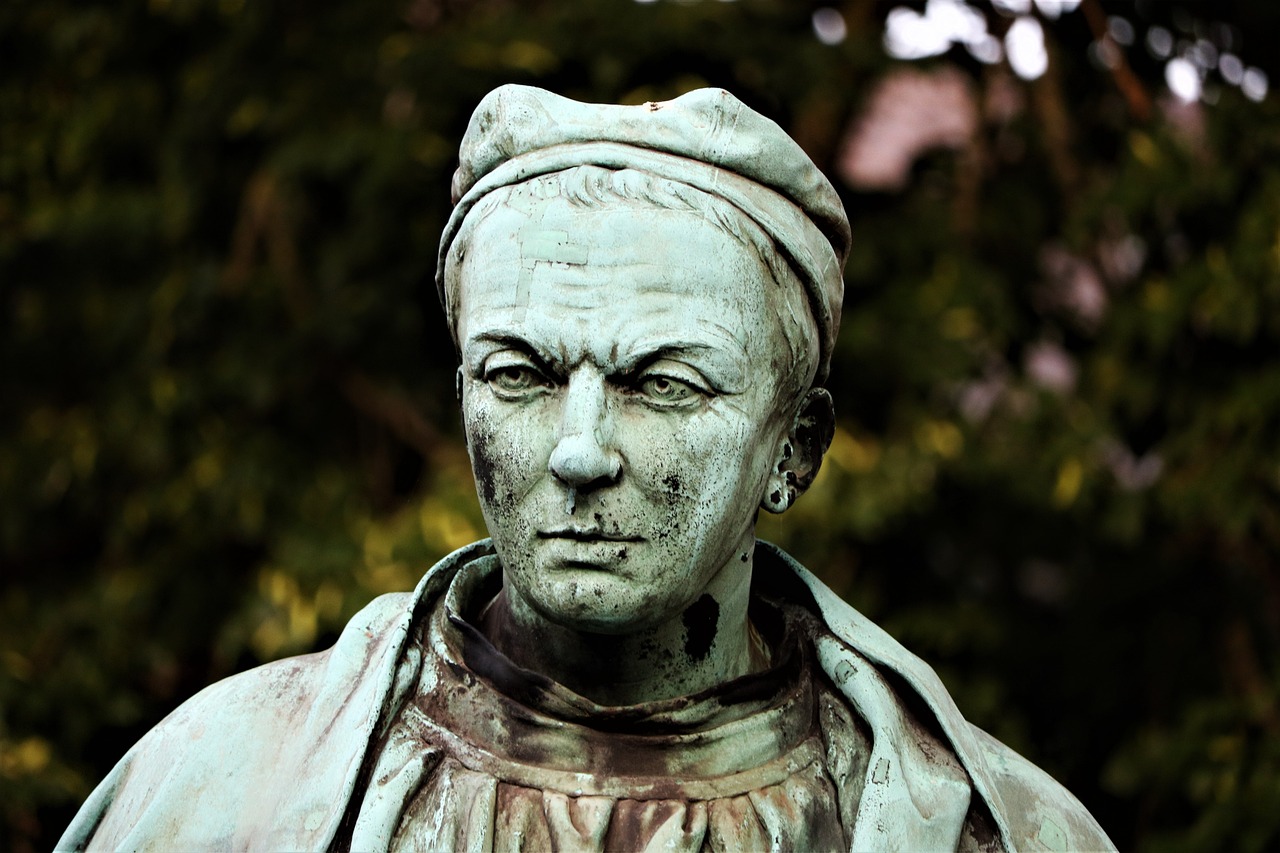
where he expounds on the necessity of a strong central authority to prevent chaos and maintain social order, revolutionizing political thought.
Exploring the life and ideas of Thomas Hobbes, a prominent philosopher known for his theory on absolute authority and social contract, influencing political philosophy and governance for centuries.
Delving into the upbringing and key influences that shaped Thomas Hobbes' philosophical perspectives, including his education, mentors, and societal context in 17th-century England.
Analyzing Hobbes' seminal work Leviathan, where he expounds on the necessity of a strong central authority to prevent chaos and maintain social order, revolutionizing political thought.
Examining Hobbes' concept of the state of nature, arguing that without a governing power, humans would exist in a perpetual state of conflict and insecurity.
Discussing Hobbes' social contract theory, proposing that individuals willingly surrender some freedoms to a sovereign authority in exchange for protection and stability within society.
Exploring Hobbes' views on the role of government as an all-powerful sovereign entity responsible for maintaining peace and preventing the war of all against all.
Reflecting on the enduring legacy of Thomas Hobbes, his impact on political philosophy, and his contributions to the development of modern governance systems.
Examining criticisms of Hobbes' ideas, including concerns about authoritarianism and individual freedoms, and exploring rebuttals from supporters of his theory.
Assessing the contemporary relevance of Hobbes' philosophy in the context of current political debates and the ongoing discussion of state authority and individual rights.

Natural State of Humanity
Thomas Hobbes' concept of the natural state of humanity delves into the fundamental condition of human existence in the absence of a governing authority. According to Hobbes, in the state of nature, individuals are driven by their self-interest and a perpetual quest for power, leading to a constant state of conflict and insecurity. In this primal state, life is described as solitary, poor, nasty, brutish, and short, highlighting the harsh realities of human existence without the constraints of societal order.
Hobbes argues that without a central authority to enforce laws and maintain order, individuals would be locked in a relentless struggle for survival, where every person is a potential threat to one another. This vision of human nature as inherently competitive and driven by a desire for dominance forms the basis of Hobbes' justification for the necessity of a strong sovereign power to regulate human behavior and prevent the chaos that would ensue in its absence.

Social Contract Theory
Thomas Hobbes' Social Contract Theory is a cornerstone of his philosophical framework, proposing a fundamental agreement between individuals and the governing authority for the sake of societal harmony. According to Hobbes, in the absence of a central authority, human life would be chaotic and marked by constant conflict. The social contract, as envisioned by Hobbes, involves individuals willingly relinquishing certain freedoms to a sovereign power in exchange for protection and the establishment of order within society.
At the core of Hobbes' Social Contract Theory is the idea that individuals, driven by self-interest and the desire for self-preservation, come together to form a collective body politic. This collective body then entrusts authority to a sovereign entity, granting it the power to make and enforce laws for the common good. In return, the sovereign is tasked with maintaining peace, resolving disputes, and ensuring the security of its citizens.
Hobbes' theory of the social contract lays the groundwork for understanding the relationship between individuals and the state, emphasizing the mutual obligations and responsibilities that exist within a structured society. By voluntarily entering into this social contract, individuals acknowledge the authority of the government and agree to abide by its laws in exchange for the benefits of a stable and orderly community.
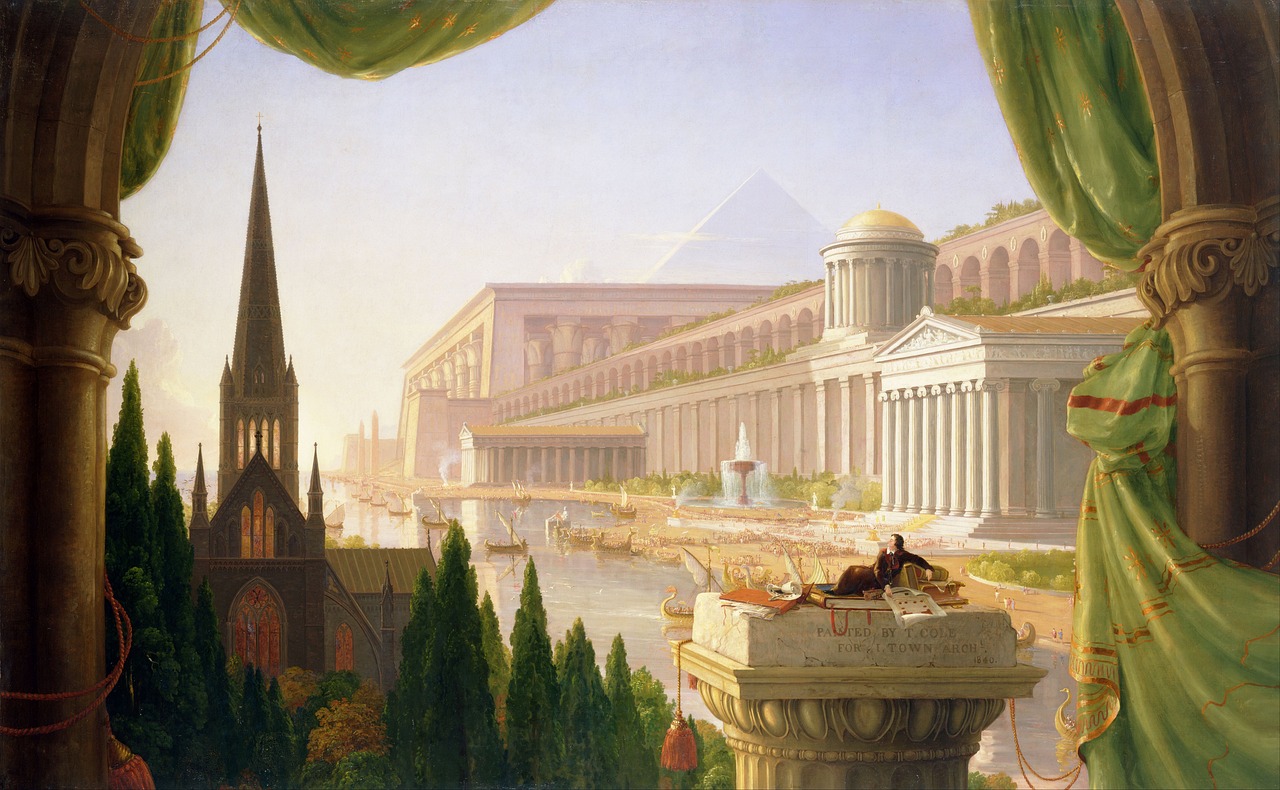
Role of Government and Sovereignty
Thomas Hobbes' views on the role of government and sovereignty are central to his political philosophy, emphasizing the necessity of a strong central authority to maintain order and prevent chaos in society. According to Hobbes, the government serves as an all-powerful sovereign entity responsible for ensuring peace and security among individuals. In his seminal work, Leviathan, he argues that without a governing power to enforce laws and regulations, society would descend into a state of anarchy where every individual is pitted against each other in a constant struggle for power.
Hobbes believed that individuals, in their natural state, are driven by self-interest and a desire for self-preservation, which can lead to conflicts and violence without a higher authority to regulate their behavior. The government, therefore, acts as a Leviathan, a metaphorical sovereign with absolute power, to maintain social order and prevent the "war of all against all" that would prevail in the absence of a central authority.
Moreover, Hobbes' concept of sovereignty emphasizes the indivisibility and absolute nature of authority within the government. He posits that a fragmented or limited sovereignty would lead to inefficiency and instability, as multiple power centers could compete for control and undermine the overarching goal of maintaining peace and security.
In essence, Hobbes' theory underscores the importance of a strong and unified government with absolute authority to uphold law and order, protect individuals from harm, and ensure the stability of society as a whole. His ideas continue to spark debates and discussions on the proper role of government in balancing authority with individual liberties in contemporary political discourse.

war of all against all.
The concept of the "war of all against all" is a central idea in Thomas Hobbes' philosophy, particularly in his work Leviathan. This notion illustrates a hypothetical scenario in the state of nature where there is no central authority to enforce order and resolve disputes. In such a state, every individual is in constant conflict with others, seeking to protect their own interests at the expense of everyone else. It represents a condition of chaos, violence, and insecurity, where life is solitary, poor, nasty, brutish, and short. Hobbes uses this concept to emphasize the necessity of a strong sovereign power to maintain peace and prevent the descent into this destructive state of nature.
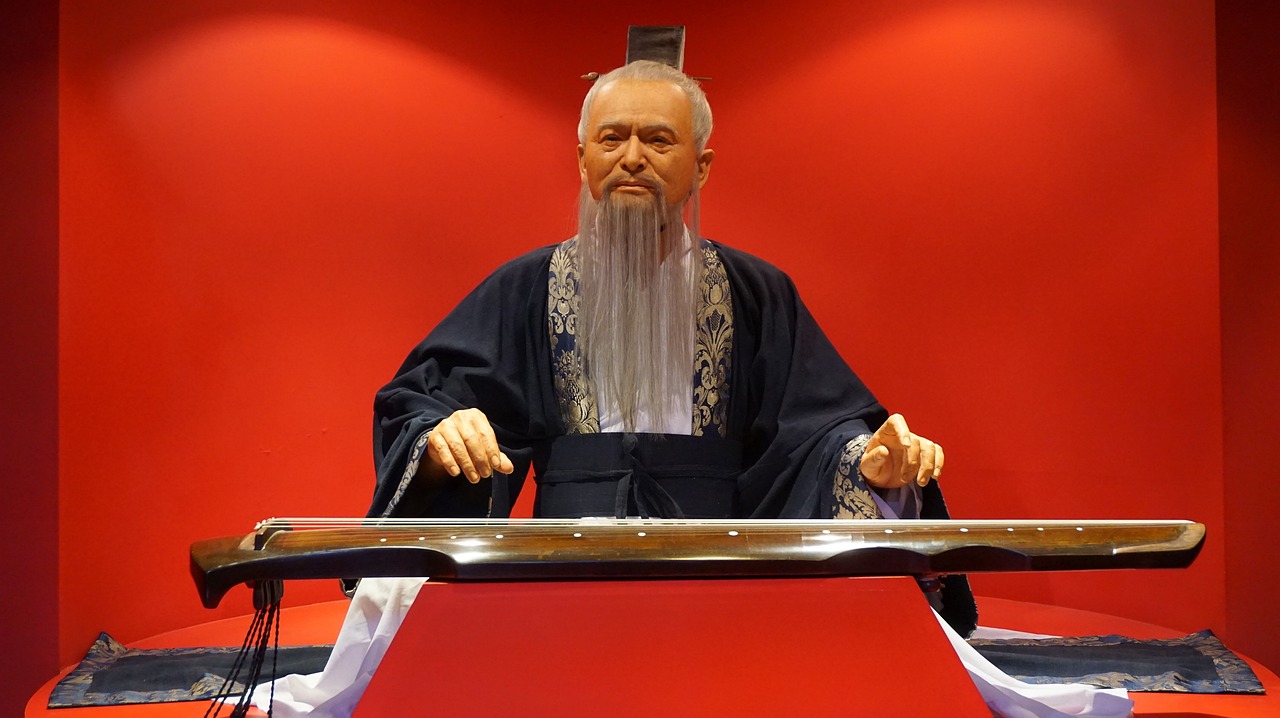
Exploring the life and ideas of Thomas Hobbes, a prominent philosopher known for his theory on absolute authority and social contract, influencing political philosophy and governance for centuries.
Delving into the upbringing and key influences that shaped Thomas Hobbes' philosophical perspectives, including his education, mentors, and societal context in 17th-century England.
Analyzing Hobbes' seminal work Leviathan, where he expounds on the necessity of a strong central authority to prevent chaos and maintain social order, revolutionizing political thought.
Examining Hobbes' concept of the state of nature, arguing that without a governing power, humans would exist in a perpetual state of conflict and insecurity.
Discussing Hobbes' social contract theory, proposing that individuals willingly surrender some freedoms to a sovereign authority in exchange for protection and stability within society.
Exploring Hobbes' views on the role of government as an all-powerful sovereign entity responsible for maintaining peace and preventing the war of all against all.
Reflecting on the enduring legacy of Thomas Hobbes, his impact on political philosophy, and his contributions to the development of modern governance systems.
Examining criticisms of Hobbes' ideas, including concerns about authoritarianism and individual freedoms, and exploring rebuttals from supporters of his theory.
Assessing the contemporary relevance of Hobbes' philosophy in the context of current political debates and the ongoing discussion of state authority and individual rights.
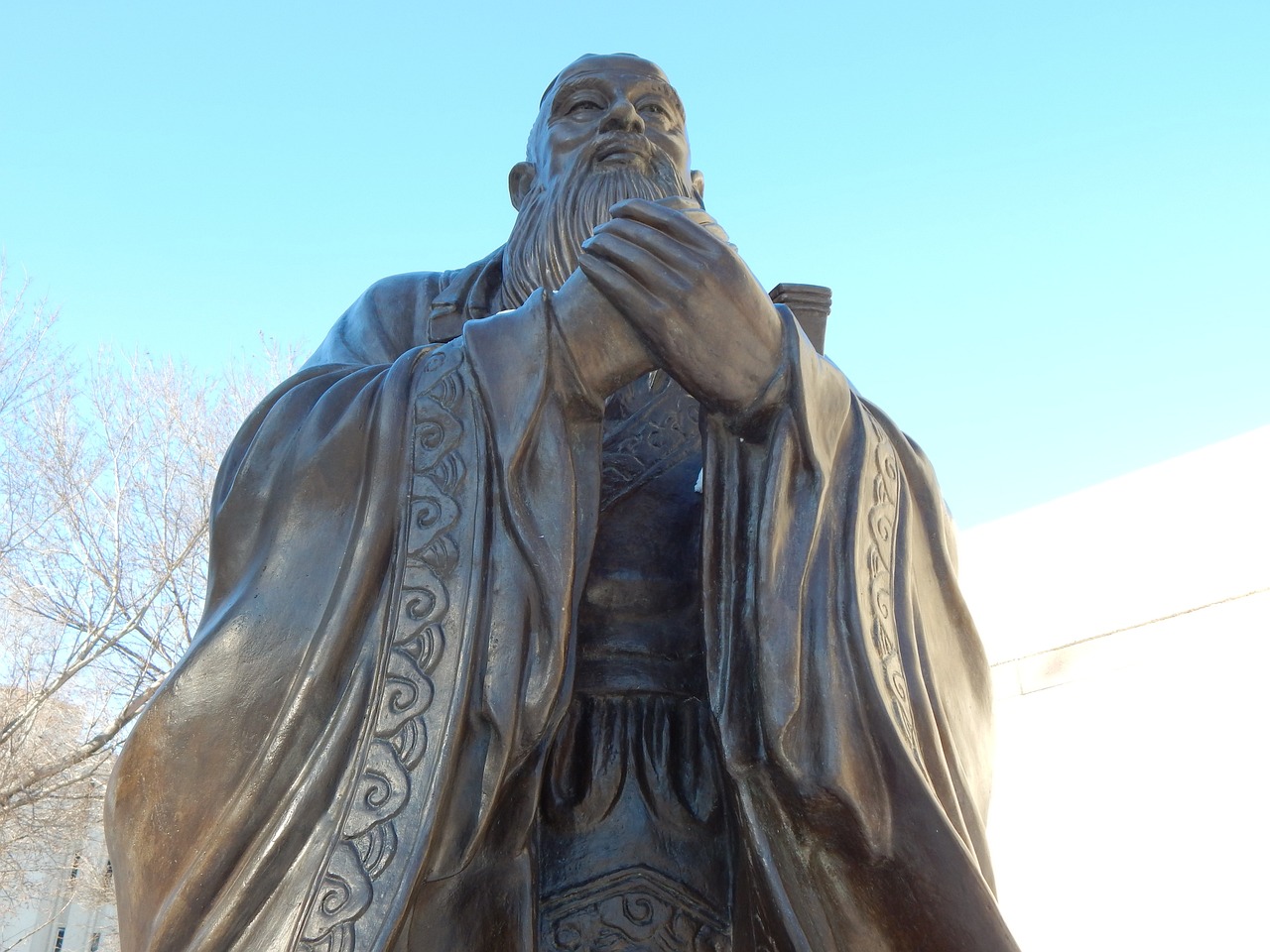
Legacy and Influence
Exploring the life and ideas of Thomas Hobbes, a prominent philosopher known for his theory on absolute authority and social contract, influencing political philosophy and governance for centuries.
Delving into the upbringing and key influences that shaped Thomas Hobbes' philosophical perspectives, including his education, mentors, and societal context in 17th-century England.
Analyzing Hobbes' seminal work Leviathan, where he expounds on the necessity of a strong central authority to prevent chaos and maintain social order, revolutionizing political thought.
Examining Hobbes' concept of the state of nature, arguing that without a governing power, humans would exist in a perpetual state of conflict and insecurity.
Discussing Hobbes' social contract theory, proposing that individuals willingly surrender some freedoms to a sovereign authority in exchange for protection and stability within society.
Exploring Hobbes' views on the role of government as an all-powerful sovereign entity responsible for maintaining peace and preventing the war of all against all.
Reflecting on the enduring legacy of Thomas Hobbes, his impact on political philosophy, and his contributions to the development of modern governance systems.
Examining criticisms of Hobbes' ideas, including concerns about authoritarianism and individual freedoms, and exploring rebuttals from supporters of his theory.
Assessing the contemporary relevance of Hobbes' philosophy in the context of current political debates and the ongoing discussion of state authority and individual rights.

Criticism and Rebuttals
Thomas Hobbes' theory of absolute authority and social contract has not been without its fair share of criticism. One of the primary criticisms leveled against Hobbes is the fear of authoritarianism that his ideas may breed. Critics argue that the concentration of power in the hands of a single sovereign entity could lead to tyranny and the suppression of individual liberties. The concept of individuals surrendering their freedoms to a central authority is seen as a dangerous precedent that could potentially infringe on basic human rights.
However, supporters of Hobbes' philosophy offer compelling rebuttals to these criticisms. They argue that in a state of nature where there is no overarching authority, individuals would be subjected to constant fear and conflict. By voluntarily entering into a social contract and ceding some freedoms to a sovereign power, individuals actually enhance their security and stability within society. The trade-off between individual liberties and collective security is deemed necessary for the greater good of all members of society.
Moreover, proponents of Hobbes point out that the concept of absolute authority is not synonymous with unchecked power. The sovereign entity, according to Hobbes, is bound by the social contract to act in the best interests of the people and uphold the peace and order necessary for a functioning society. The emphasis lies on the need for a strong central authority to prevent the descent into chaos and ensure the well-being of the populace.

Contemporary Relevance
As we navigate the complexities of modern governance and political discourse, the philosophy of Thomas Hobbes continues to resonate with contemporary debates on state authority and individual rights. Hobbes' emphasis on the necessity of a strong central authority to maintain social order and prevent chaos remains a topic of discussion in today's society. In a world marked by global challenges and shifting power dynamics, Hobbes' arguments for a sovereign entity responsible for ensuring peace and stability prompt us to reflect on the role of government in addressing current issues.
Moreover, the concept of the social contract, as proposed by Hobbes, raises pertinent questions about the relationship between individuals and the state in the 21st century. In an era characterized by rapid technological advancements and evolving societal norms, the idea of citizens surrendering certain freedoms in exchange for protection and security raises ethical and moral considerations. How do we balance the need for security with the preservation of individual liberties in an increasingly interconnected world?
Furthermore, Hobbes' theories on the natural state of humanity and the inherent conflict that arises in the absence of a governing authority offer insights into contemporary geopolitical tensions and power struggles. As we witness ongoing conflicts and power dynamics on the global stage, Hobbes' philosophy serves as a lens through which we can analyze and understand the complexities of modern international relations.
In conclusion, the relevance of Thomas Hobbes' philosophy in today's world underscores the enduring impact of his ideas on political thought and governance. By engaging with Hobbes' concepts in the context of current political debates, we can gain a deeper understanding of the challenges and opportunities facing societies in the pursuit of a just and equitable order.
Frequently Asked Questions
- What are the key ideas presented in Thomas Hobbes' philosophy?
Thomas Hobbes is known for his theory of absolute authority and the social contract. His key ideas revolve around the necessity of a strong central authority to maintain social order and prevent chaos. He also proposed that individuals willingly surrender some freedoms to a sovereign entity in exchange for protection and stability within society.
- Why is Thomas Hobbes' work Leviathan considered groundbreaking?
Hobbes' work Leviathan is considered groundbreaking because it revolutionized political thought by emphasizing the importance of a powerful central government to prevent the "war of all against all." It introduced the concept of a social contract where individuals give up certain rights to a sovereign authority in exchange for security and peace.
- What is the legacy of Thomas Hobbes in modern political philosophy?
Thomas Hobbes has left a lasting legacy in modern political philosophy by influencing the development of governance systems. His ideas on the role of government as an all-powerful sovereign entity responsible for maintaining peace and order continue to be debated and analyzed in contemporary political discussions.

